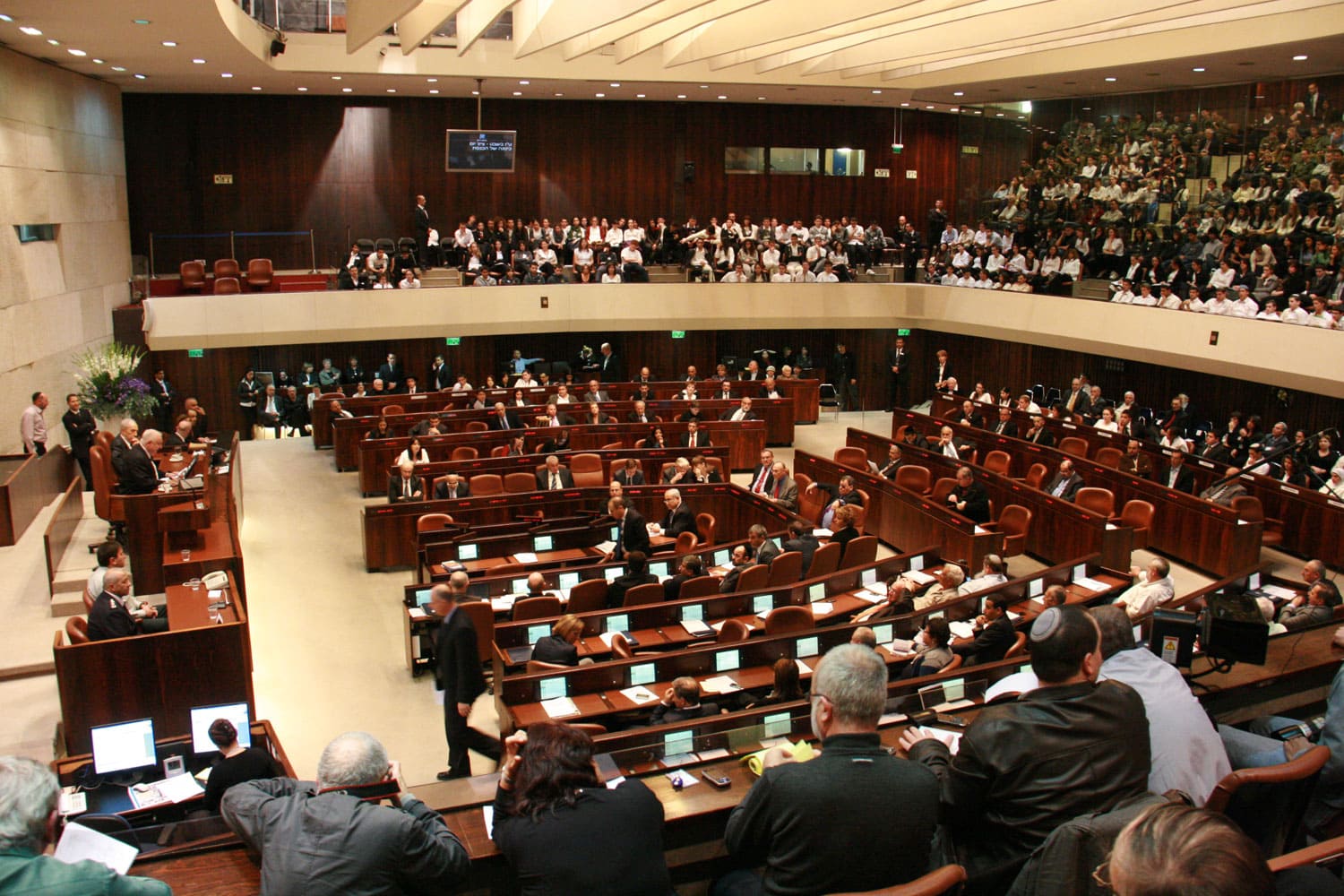Support us >
For the first time in a long time, the gradual process and the community of international couples in Israel are getting significant public stage at the Knesset.
After it became clear that the Population & Immigration Authority does not want to have a direct dialogue with our community and does not even bother to respond to MKs who approached them in order to solve real hardships we experience, we realized that a step must be taken to get answers and solutions.
Therefore, in the past few weeks I have worked in collaboration with a number of Knesset members from all sides of the political map, on submitting a “proposal for a quick discussion” in the Interior Committee, which will deal, as a start, with one of the most burning and painful issues – impossible processing times of new applications, and the entry ban in the interim period that is imposed on foreigners for whom an application was made. This is a real distress that severely affects thousands of Israelis and their families at any given moment. It is not possible that PIBA demonstratively ignores this issue and does nothing to prevent it. Holding a discussion will force officials at PIBA to provide answers and suggest solutions.
Support for finding a solution to the ongoing harm to thousands of Israelis is broad and not a matter of right or left. I was very happy to work with a variety of serious MKs who express a genuine interest in our community and are interested in doing everything in their power to bring about a solution to our hardships, step by step.

I would like to thank the Knesset members Mossi Raz (Meretz), Evgeny Sova (Yisrael Beytenu), Gilad Kariv (Haavoda), Zvi Hauser (Tikva Hadahsa) and Inbar Bezek (Yesh Atid) – For their public support for our community, and the submission of a request for a quick discussion on the subject in the Knesset Interior Committee. The request will be examined, and hopefully approved for a quick discussion by the Speaker of the Knesset this coming Monday.
I would also like to thank the Chairman of the Interior Committee, MK Waleed Taha, for his interest in our community and for allowing a broad platform to present our position during the recent committee discussions.
The political crisis and the imminent dispersal of the Knesset forced us to act quickly in an attempt to bring the issue to the agenda, and unfortunately the discussion may not take place at all even if approved by the Knesset’s presidency. However, for me, the very submission of the requests and receiving support from Knesset members is a significant first step on the way to achieving solutions. If not in this Knesset – then in the next Knesset.
